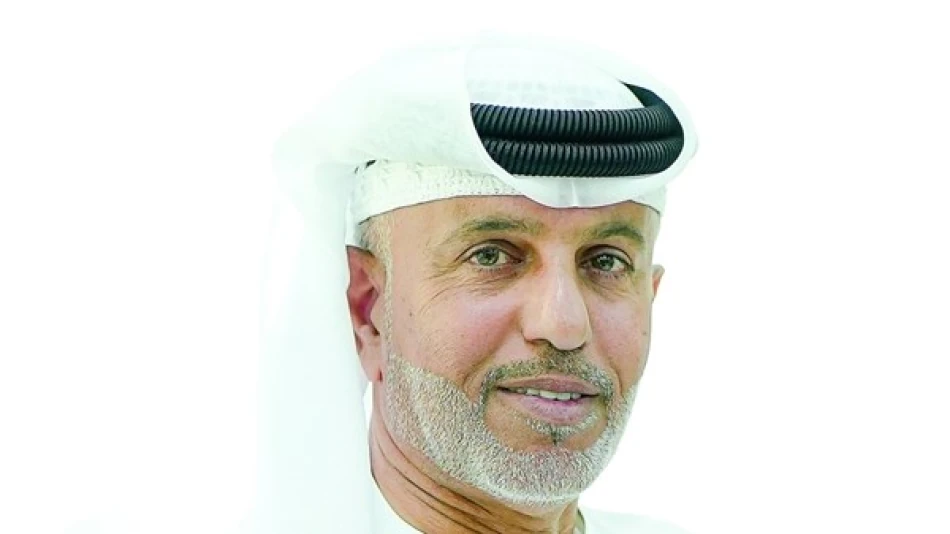
Educational Initiatives: '1000 Projects' Drive Transforms Learning Landscape
Dubai's Education Support Campaign Delivers 924 Projects in Just Two Weeks
Dubai Charity Association's "Alif Baa" education campaign has achieved remarkable momentum, completing nearly 1,000 charitable education projects both domestically and internationally within its first fortnight. The rapid deployment underscores the UAE's growing emphasis on education philanthropy as a cornerstone of social development, reflecting broader regional trends toward systematic charitable giving.
Domestic Focus: Direct Support for Vulnerable Families
The campaign's domestic initiatives targeted immediate educational needs for the upcoming school year, distributing 306 school uniforms and 512 school bags to children from low-income families. This direct-support model addresses a critical gap in educational accessibility, ensuring that financial constraints don't prevent children from participating fully in their education.
Orphan Support Initiative Expands Access
A particularly noteworthy component involved distributing AED 500 vouchers to 131 orphaned children, enabling them to purchase essential stationery and school supplies independently. This approach not only provides material support but also preserves dignity by allowing recipients to make their own educational choices—a sophisticated understanding of charitable impact that reflects evolving best practices in humanitarian aid.
International Reach: 106 Cross-Border Education Projects
Beyond the UAE's borders, the campaign implemented 106 educational projects in underserved communities, positioning Dubai as a regional hub for education-focused philanthropy. This international dimension aligns with the UAE's broader soft-power strategy, using charitable initiatives to build goodwill and demonstrate leadership in addressing global development challenges.
Strategic Timing Maximizes Impact
The campaign's launch coincided with the start of the academic year, ensuring maximum relevance and immediate utility for beneficiaries. This timing reflects sophisticated campaign planning that considers both donor psychology—people are more likely to give when they can visualize immediate impact—and recipient needs.
Broader Implications for Regional Philanthropy
The campaign's success signals a maturing charitable sector in the Gulf region, where systematic approaches to giving are replacing ad hoc donations. Similar initiatives in Saudi Arabia and Qatar suggest a regional trend toward professionalizing philanthropy, with education emerging as a priority sector across the GCC.
Ahmed Al Suwaidi, Executive Director of Dubai Charity Association, emphasized the community's generous response, noting that donors recognized education's pivotal role in building the future. This sentiment reflects broader recognition across the Middle East that education investment yields long-term economic and social returns, making it an attractive focus for both individual donors and institutional giving programs.
Sustainable Impact Model
The campaign's structure—combining immediate material support with longer-term educational infrastructure development—represents a sophisticated approach to charitable giving that addresses both urgent needs and systemic challenges. This dual focus positions the initiative as a potential model for other regional charitable organizations seeking to maximize their educational impact.
Most Viewed News

 Layla Al Mansoori
Layla Al Mansoori






